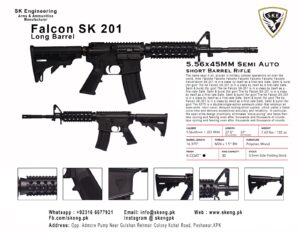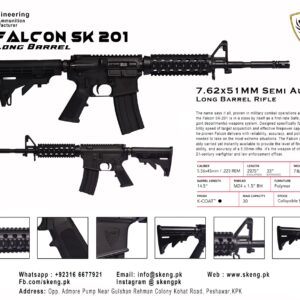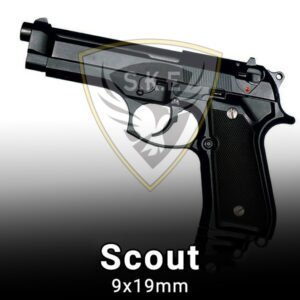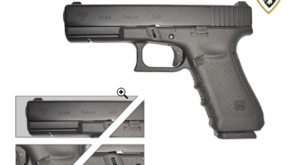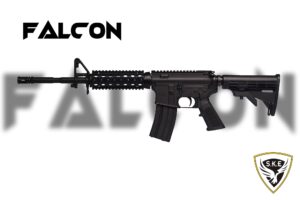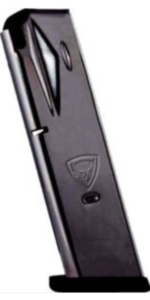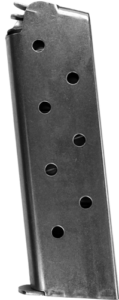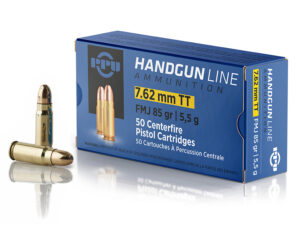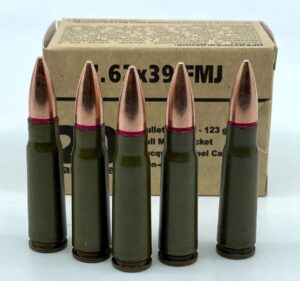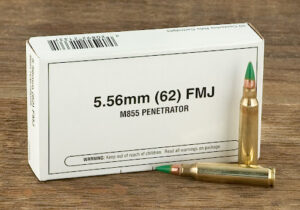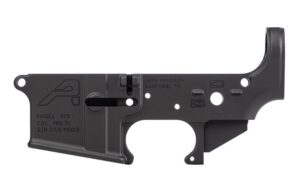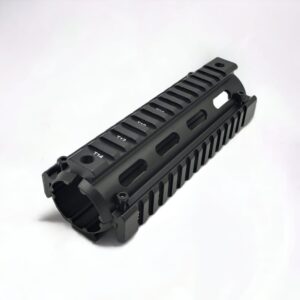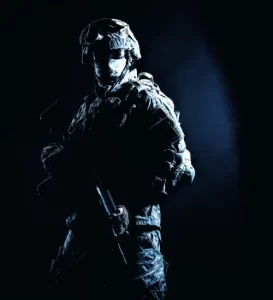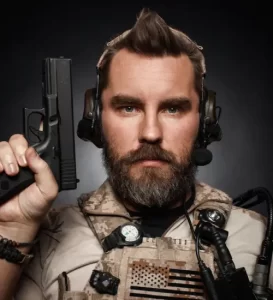A Comprehensive Look at Weapons in Malatya:
Understanding the Dynamics and Implications: Weapons In Malatya, a province located in eastern Turkey, holds a significant historical, cultural, and strategic position. Amidst its rich heritage and natural beauty, Malatya also grapples with complex dynamics related to weapons. This comprehensive exploration delves into the various facets of weapons in Malatya, encompassing historical contexts, current challenges, regulatory frameworks, and societal impacts.
Historical Perspective:
Malatya’s history is intertwined with warfare and conquests, dating back to ancient civilizations such as the Hittites, Romans, Byzantines, and Ottomans. The strategic importance of the region, situated along historical trade routes and vulnerable to invasions, necessitated the use and development of various weapons over the centuries. From swords and spears to more sophisticated firearms, Malatya has witnessed the evolution of weaponry, shaping its cultural and geopolitical landscape.
Current Scenario:
In contemporary times, Malatya faces diverse challenges concerning weapons. The proliferation of small arms, including pistols, rifles, and shotguns, poses security risks and fuels criminal activities such as smuggling, organized crime, and terrorism. Additionally, the presence of unexploded ordnance from past conflicts remains a persistent threat, endangering civilian lives and hindering development efforts.
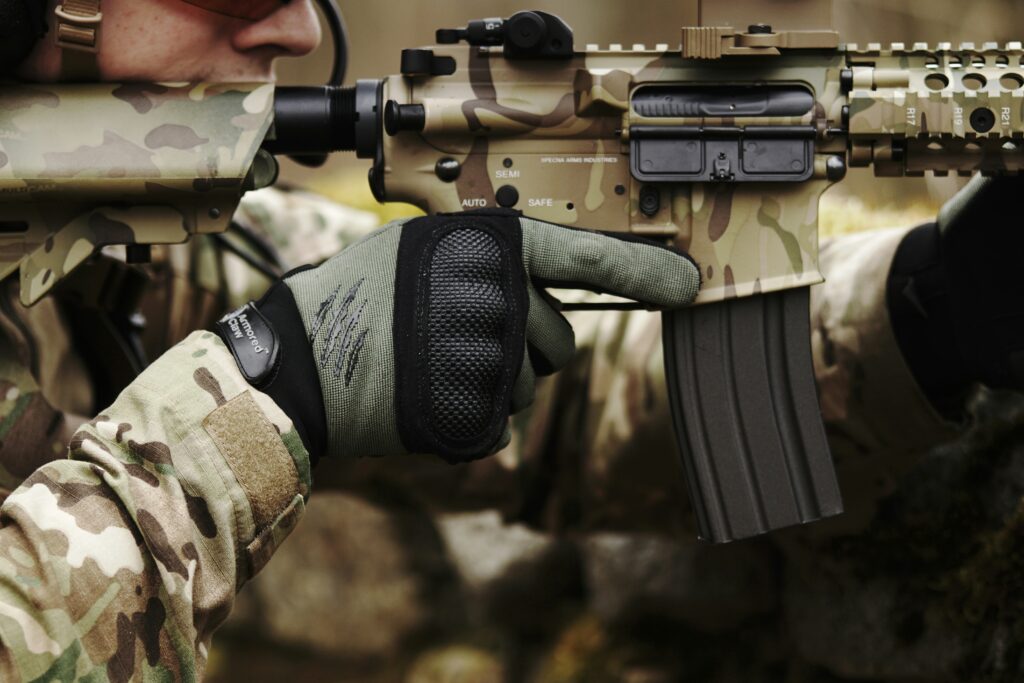
Regulatory Framework:
To address these challenges, Turkey has established robust legal frameworks governing the possession, use, and trade of weapons. The Law on Firearms and Knives regulates the acquisition and licensing of firearms, outlining stringent criteria and procedures for individuals and entities. Furthermore, international conventions and agreements, such as the Arms Trade Treaty, provide guidelines for responsible arms transfer and control.
Law Enforcement and Security Measures:
Law enforcement agencies in Malatya, including the police and gendarmerie, play a crucial role in enforcing weapons regulations and maintaining public safety. Through surveillance, intelligence gathering, and coordinated operations, these agencies combat illegal arms trafficking, apprehend perpetrators, and dismantle criminal networks. Moreover, security measures such as border controls and customs inspections contribute to preventing the illicit movement of weapons across borders.
Societal Impacts:
The prevalence of weapons in Malatya has profound societal implications, affecting various aspects of daily life. While firearms may serve as tools for self-defense or sporting activities for law-abiding citizens, their misuse leads to violence, injuries, and fatalities. Moreover, the normalization of gun culture, perpetuated through media, entertainment, and societal norms, influences attitudes towards firearms and exacerbates security challenges.
Community Engagement and Awareness:
Efforts to address the issue of weapons in Malatya extend beyond law enforcement to community engagement and public awareness campaigns. Educational programs, workshops, and outreach initiatives aim to inform citizens about the dangers of weapons proliferation, promote responsible firearm ownership, and foster a culture of peace and security. By empowering individuals to make informed choices and participate in violence prevention efforts, these initiatives contribute to building safer and resilient communities.
Conclusion:
Weapons in Malatya represent a multifaceted issue with historical, legal, security, and societal dimensions. While the region’s strategic significance and historical legacy have shaped its relationship with arms, contemporary challenges require comprehensive approaches encompassing regulation, enforcement, community engagement, and awareness. By addressing the root causes of weapons proliferation and fostering a culture of peace, Malatya can mitigate security risks and promote sustainable development for its residents and future generations.
-
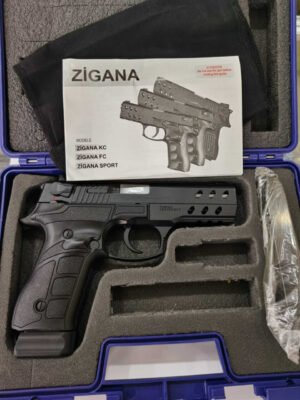
zigana original 9mm pistol price in pakistan
Read more -
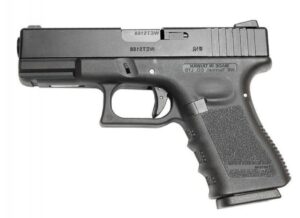
SK 19 Pistol
Read more -

S.K Phantom 30
Read more -
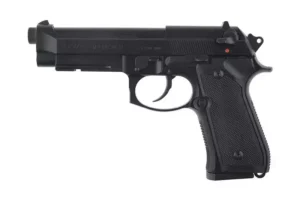
S.K Scout 9×19
Rated 3.50 out of 5Read more -

S.K PRISM 9X19
Read more -
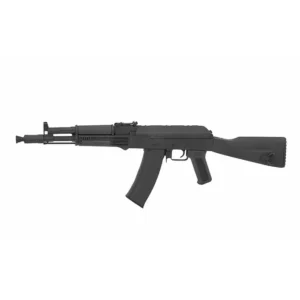
S.K Eagle 223
Read more -
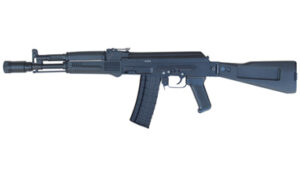
S.K EAGLE 7.62×51
Read more -

S.K Eagle 7.62×51 COMPACT
Read more -

S.K EAGLE 7.62×51
Read more -
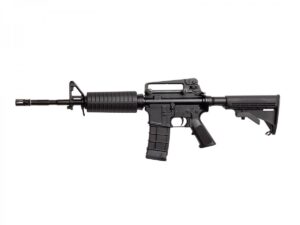
S.K FALCON 5.56×45
Read more -
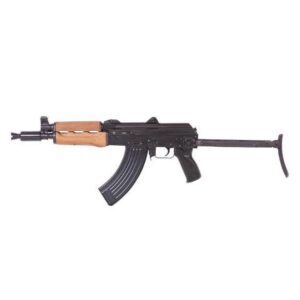
S.K.E Al-Badr 762V3 Compact
Read more -
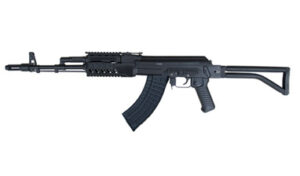
S.K.E Al-Badr 762V1
Read more -
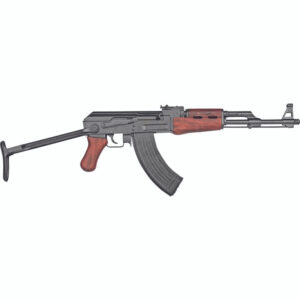
S.K.E Al-Badr 762V2
Read more -

MAG SK 9X19 V1
Read more -
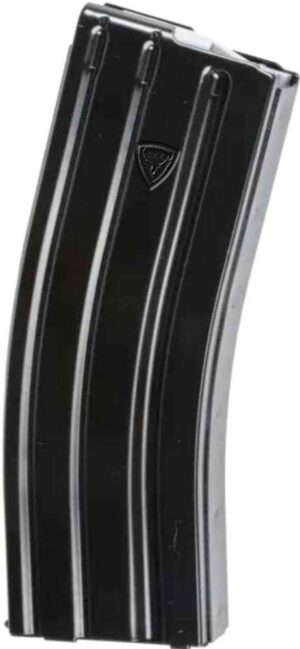
MAG SK 5.56X45
Read more -
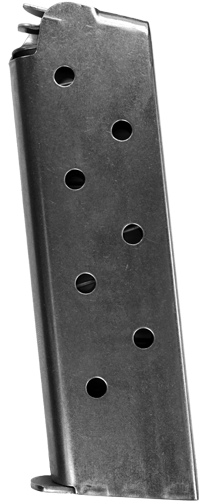
MAG SK 30
Read more

